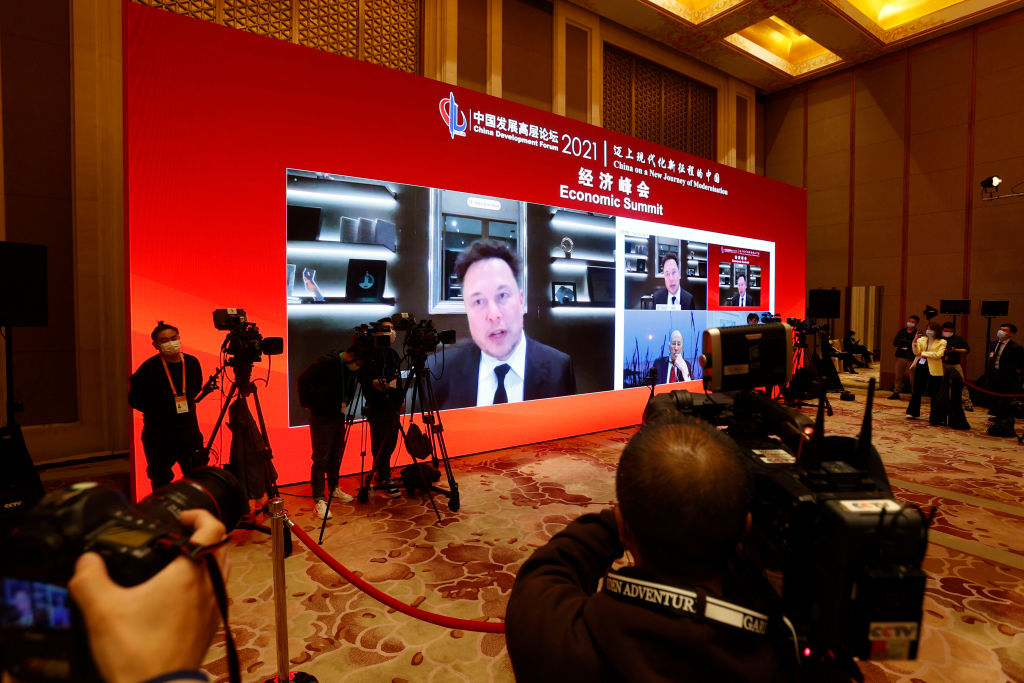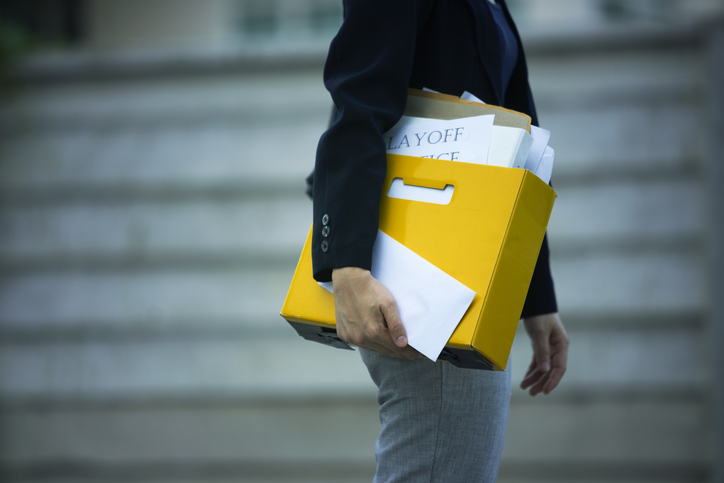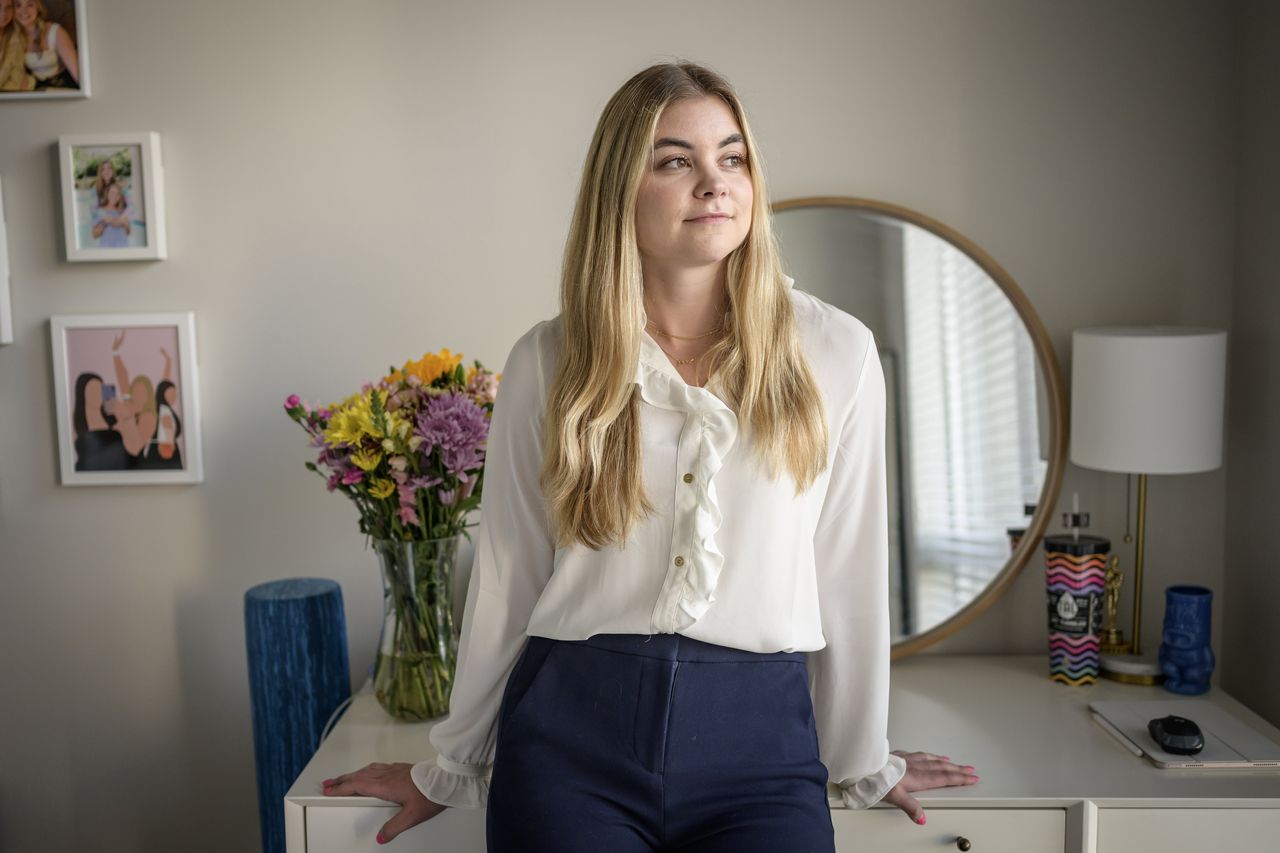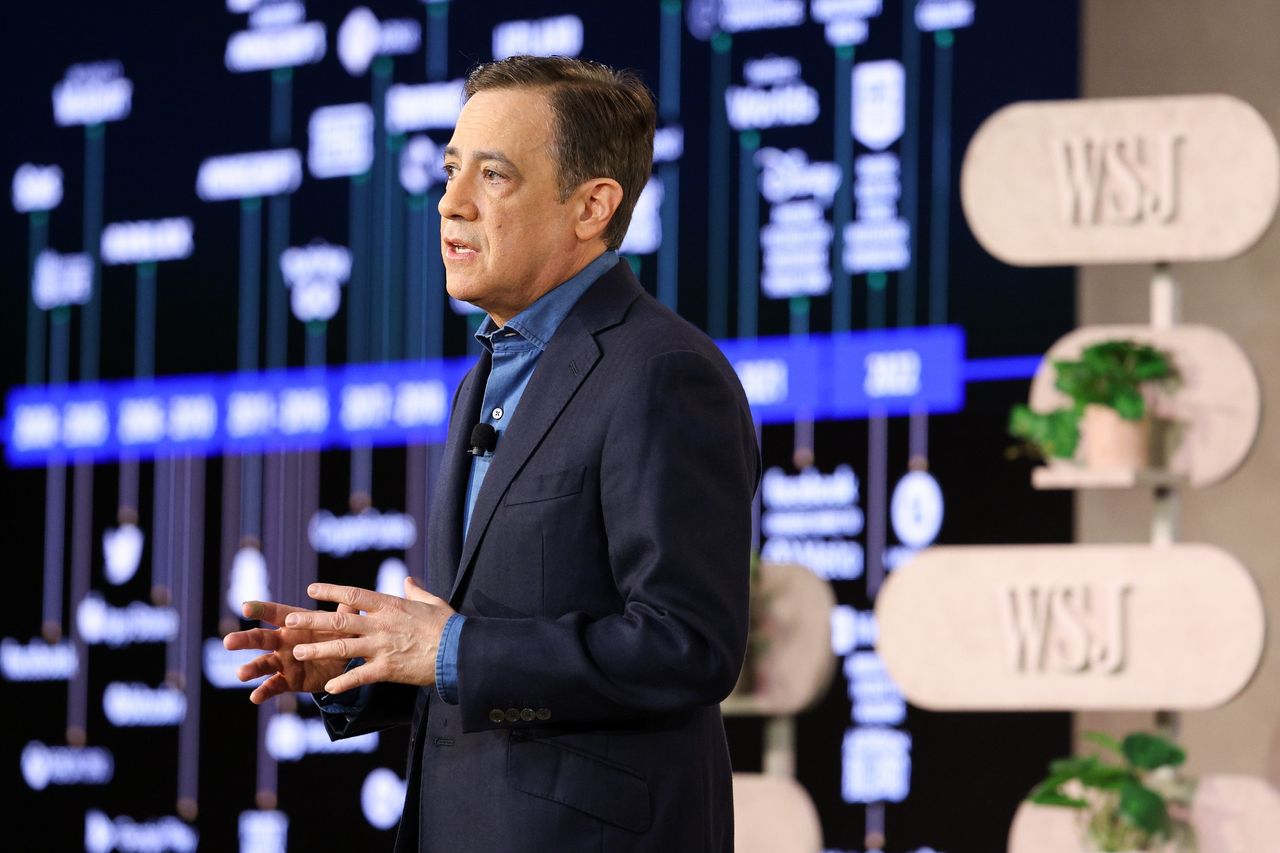Elon Musk Says Tesla Won’t Share Data From Its Cars With China Or U.S.
Beijing has restricted use of Tesla cars by military personnel or employees of some state-owned companies.
SHANGHAI—Tesla Inc. would never provide the U.S. government with data collected by its vehicles in China or other countries, Elon Musk, the company’s chief executive, told a high-level conference in China.
Mr. Musk’s assurance that Chinese customer data is fully protected followed the Chinese government’s decision to restrict the use of Tesla cars by military personnel or employees of key state-owned companies, as first reported by the Journal on Friday. Beijing had acted out of concern that sensitive data such as images taken by the cars’ cameras could be sent to the U.S., according to people familiar with the matter.
Speaking via video link Saturday to the government-backed China Development Forum in Beijing, Mr. Musk said that no U.S. or Chinese company would risk gathering sensitive or private data and then sharing it with their home government.
“Whether it’s Chinese or U.S., the negative effects if a commercial company did engage in spying—the negative effects for that company would be extremely bad,” Mr. Musk said. If Tesla used its cars to spy in any country, he said, it would be shut down everywhere, which he called “a very strong incentive for us to be very confidential.”
Concerns about commercial espionage have become overblown, Mr. Musk said, citing the case of the video platform TikTok—owned by Chinese tech company Bytedance Ltd.—which faced a U.S. ban last year before being reprieved.
“Even if there was spying, what would the other country learn and would it actually matter? If it doesn’t matter, it’s not worth thinking about that much,” Mr Musk said. U.S. concerns about Chinese spying via TikTok are irrational, he argued: The platform’s videos mostly show people “just doing silly dances.”
Tesla has been seen as a model foreign company in China. It won strong support from Shanghai authorities to set up in the city, and in 2018 became the first foreign auto maker in China to gain approval for a wholly owned factory—that is, without a local joint-venture partner. Chinese state banks financed the project.
China has also become a core market for Tesla, last year accounting for about a quarter of its global sales of roughly 500,000 vehicles.
While continuing to expand the Shanghai plant and ramp up local production of the Model 3 sedan and the Model Y compact crossover vehicle, Tesla had its first serious run-in with the Chinese authorities last month. The State Administration for Market Regulation, the country’s top market regulator, publicly rebuked the company over quality issues.
Tesla responded with a statement saying it “sincerely accepted the guidance of government departments” and would make improvements having “deeply reflected on [its] shortcomings.’
Reprinted by permission of The Wall Street Journal, Copyright 2021 Dow Jones & Company. Inc. All Rights Reserved Worldwide. Original date of publication: March 20, 2021.
 Copyright 2020, Dow Jones & Company, Inc. All Rights Reserved Worldwide. LEARN MORE
Copyright 2020, Dow Jones & Company, Inc. All Rights Reserved Worldwide. LEARN MORE
This stylish family home combines a classic palette and finishes with a flexible floorplan
Just 55 minutes from Sydney, make this your creative getaway located in the majestic Hawkesbury region.
A study suggests that when jobs are hard to come by, the best workers are more available—and stay longer
Could a recession be the best time to launch a tech startup?
A recent study suggests that is the case. The authors found that tech startups that began operations during the 2007-09 recession—and received their first patent in that time—tended to last longer than tech startups founded a few years before or after. And those recession-era companies also tended to be more innovative than the rest.
“The effect of macroeconomic trends is not always intuitive,” says Daniel Bias , an assistant professor of finance at Vanderbilt University’s Owen Graduate School of Management, who co-wrote the paper with Alexander Ljungqvist, Stefan Persson Family Chair in Entrepreneurial Finance at the Stockholm School of Economics.
Drawing on data from the U.S. Patent and Trademark Office, the authors examined a sample of 6,946 tech startups that launched and received their first patent approval between 2002 and 2012.
One group—about 5,734 companies—launched and got their patent outside of the 2007-09 recession. Of those, about 70% made it to their seventh year. But the startups that launched and got their first patent during the recession—about 1,212 companies—were 12% more likely to be in business in their seventh year.
These recession-era firms were also more likely to file a novel and influential patent after their first one. (That is, a patent the researchers determined was dissimilar to patents in the same niche that came before it, but similar to ones that came after it.)
So, why did these recession-era firms outperform their peers? Labor markets played a big role.
A widespread lack of available jobs meant that the startups were able to land more productive and innovative employees, especially in their research and development groups, and then hold on to them. More important, the tight labor markets also meant that the founding inventors—the people named on the very first patent—were more likely to stick around rather than try for opportunities elsewhere.
For startups started during the 2007-09 recession, founding inventors were 25 percentage points less likely to leave their company within the first three years. On average, about 43% of founding inventors in the entire sample left their startup within the first three years.
“Our study really highlights the importance of labor retention for young innovative startups. Retaining founding inventors cannot only help them survive, but also thrive,” Bias says.
This stylish family home combines a classic palette and finishes with a flexible floorplan
Consumers are going to gravitate toward applications powered by the buzzy new technology, analyst Michael Wolf predicts























